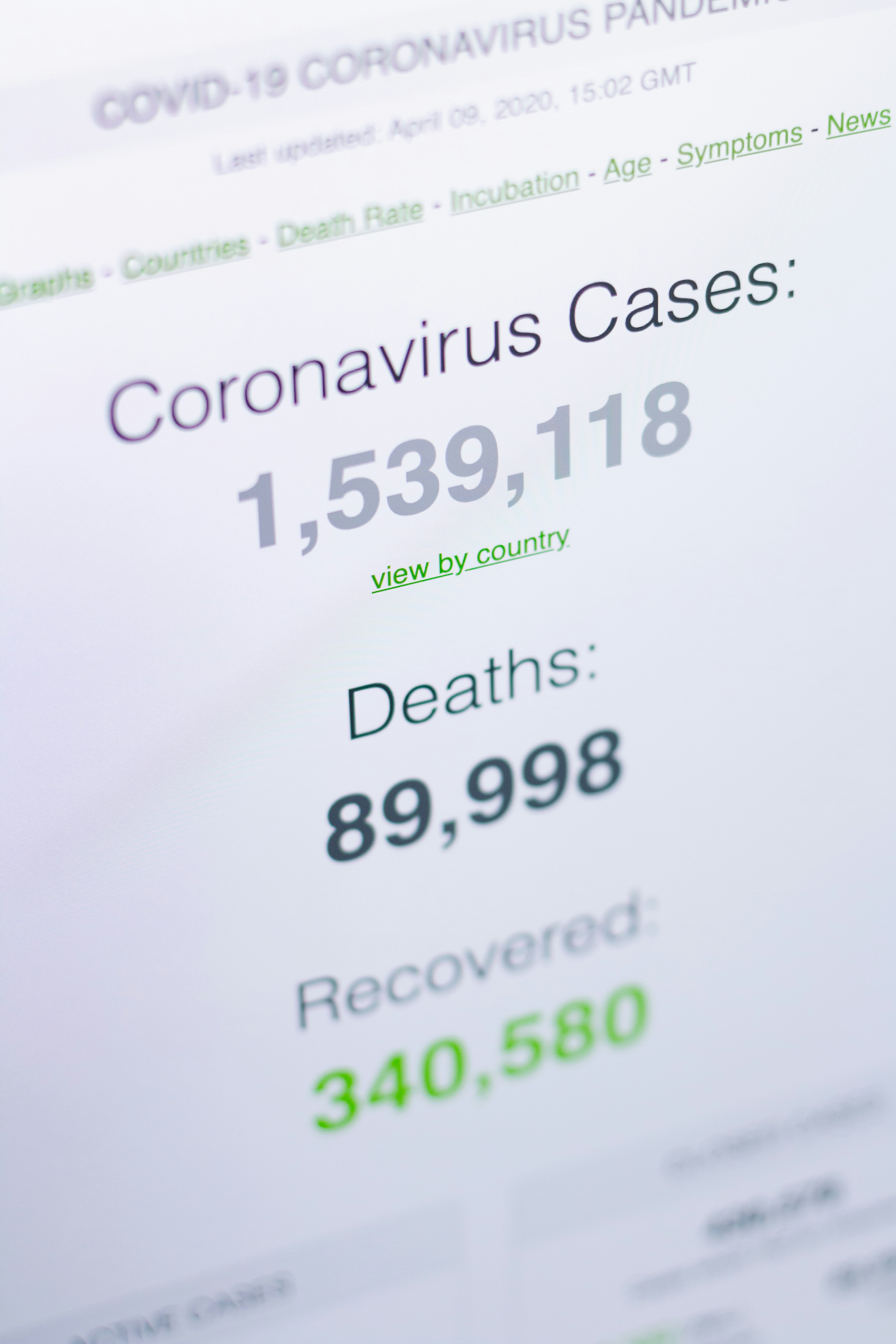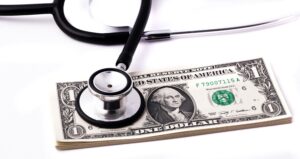
Recently on TikTok, folks have been filming themselves throwing their unused tampons straight into the trash or speaking about abandoning the menstrual product. “I’m about to start out my interval in a few days and actually I don’t know what to do,” one TikToker mentioned. “I’m seeing increasingly girlies saying that they’re free bleeding and I’m like, possibly that’s not such a nasty thought if the opposite different is lead.”
The wave of panic stems from a latest research discovering that some tampons comprise poisonous metals like lead and arsenic. Anti-tampon sentiments are additionally on the rise writ giant; although tampons are nonetheless the most-used menstrual product, options like interval cups have been gaining reputation for years. However docs and even the lead creator of the research need folks to know it is nonetheless okay to make use of tampons—although lots of them acknowledge a necessity for extra analysis.
Regardless of considerations, the research didn’t truly discover that tampons aren’t secure
The peer-reviewed research, which seems on this month’s challenge of the journal Surroundings Worldwide, discovered ranges of 16 totally different metals in quite a lot of tampon manufacturers, together with ones marketed as natural, offered within the U.S. and Europe. Among the metals, like zinc, are usually thought of secure. However others, like lead and arsenic, prompted widespread concern as a result of they are often harmful.
To everybody panicking, specialists all say the identical factor: don’t.
Whereas the research discovered the presence of metals in tampons, it didn’t decide how a lot—if any—is launched from the tampon and absorbed by the physique, says Nathaniel DeNicola, an ob-gyn and the environmental well being knowledgeable for the American Faculty of Obstetricians and Gynecologists (who was not concerned within the analysis).
“So far as what this research confirmed us, there’s nothing to say that you need to cease utilizing tampons,” DeNicola says. “I don’t inform my sufferers to cease utilizing tampons based mostly on this research. I do suppose that data is empowering, so I point out it now if sufferers ask about it as one thing to consider.” Tampons go contained in the physique, and there could possibly be a “cumulative danger” as a result of folks use the merchandise repeatedly over a few years, he says.
Docs level out that most of the metals, together with lead and arsenic, are in a variety of on a regular basis merchandise already. As a result of arsenic may be discovered naturally in soil, crops can soak up small quantities, which is why the heavy steel may be present in some meals like rice. The degrees of the metals that had been discovered within the tampons had been additionally very low—although the U.S. Environmental Safety Company has mentioned that there’s no secure stage of publicity to steer.
“You would possibly as properly inform folks to cease consuming all fruit and veggies and cease consuming water if you wish to eradicate all publicity to metals,” says Karen Tang, a gynecologist (who was not concerned within the new analysis) and the creator of It’s Not Hysteria, a guide about reproductive well being. (Tang has completed some paid campaigns for Tampax previously.) “For those who’re not anxious about simply consuming fruit and veggies [and] consuming faucet water, you undoubtedly shouldn’t be involved concerning the exposures in your tampons as a result of it was a lot much less.”
Tang additionally factors out that the research situations do not mimic the conditions for which tampons are used; the researchers used acid and warmth on the tampon samples, which aren’t corresponding to the atmosphere contained in the vagina. Jenni Shearston, lead creator of the research and a postdoctoral scholar on the UC Berkeley College of Public Well being, says that the research’s purpose was to not mimic real-life environments, however to dissolve the tampon samples to determine what’s inside them.
Shearston says she doesn’t need folks to remove from this research that tampons aren’t secure to make use of, as a result of the analysis wasn’t designed to reply that query. It simply examined the chemical substances contained in the tampon merchandise.
“I don’t wish to be alarmist as a result of we don’t know,” Shearston says. “And that’s a limitation that we have to deal with.”
The necessity for extra analysis
This isn’t the primary time folks have raised considerations about what elements are in tampons. Previous analysis has discovered the presence of chemical substances, together with phthalates, in some sanitary pads, panty liners, and tampons. Phthalates, that are chemical substances typically used to make smooth and versatile plastics, may be present in different merchandise like shampoo and make-up, and have been related to reproductive well being points.
Learn Extra: PFAS ‘Eternally Chemical substances’ Are Turning Up in Menstrual Merchandise. Right here’s What You Have to Know
However docs say there’s little danger confirmed to be related to tampons apart from poisonous shock syndrome (TSS), a uncommon an infection that would turn out to be deadly if left untreated.
Sometimes, one thing sparks a brand new wave of panic over tampons. Beforehand, folks posted movies on TikTok expressing concern {that a} tampon model listed titanium dioxide, which they claimed might trigger most cancers, as an ingredient within the menstrual product. Ob-gyns tried to quell the worry: these worries stemmed from analysis that confirmed that rats, not people, developed most cancers after inhaling giant quantities of titanium dioxide. Titanium dioxide can be utilized in different private care merchandise like sunscreen.
A part of the issue, specialists say, is an absence of analysis.
“There’s a lot confusion about girls’s well being usually; there’s not sufficient analysis and other people form of fill that absence with query marks and fears,” Tang says.
Shearston, who performed the analysis for the research, says that she and her colleagues at the moment are engaged on a research to find out whether or not the metals can come out of tampons. Future areas of analysis might then decide if the vagina absorbs these metals, and, if that’s the case, what the potential well being impacts of which can be.
“What I feel this research actually exhibits is that we have to know much more about what’s current in these menstrual merchandise,” Shearston says. “We ought to be testing for that, and we have to perceive if there are issues that could possibly be impacting our well being.”
How tampons are regulated
Tampons and different menstrual merchandise are regulated as medical units by the U.S. Meals and Drug Administration (FDA). FDA spokesperson Amanda Hils mentioned in an e-mail that the administration “is reviewing the research,” and that “all research have limitations.” She too identified that the research doesn’t point out whether or not any metals are launched from tampons when inserted into the physique, or whether or not the physique absorbs any of these metals.
“We plan to guage the research carefully, and take any motion warranted to safeguard the well being of shoppers who use these merchandise,” Hils mentioned. “Total, the FDA has not recognized important security or effectiveness points associated to tampons based mostly on our premarket, compliance, and postmarket oversight of those merchandise.”
Whereas the FDA doesn’t take a look at tampons as a part of the administration’s required premarket overview, it expects producers to “conduct the testing essential to display the security and efficiency” of their merchandise, Hils mentioned. The FDA expects to obtain an inventory of the part supplies within the tampon as a part of its premarket overview, amongst different security details about the product. The FDA additionally offers suggestions to producers, together with that tampons be freed from dioxins, pesticide, and herbicide residue.
“The FDA rigorously evaluations the testing ends in premarket submissions to guarantee the units are secure and efficient for his or her supposed use,” Hils mentioned.
Hils mentioned the FDA doesn’t require producers of medical units to record the supplies of their product labeling—a rule that continues to trigger controversy, significantly concerning menstrual merchandise. Some states, together with New York and California, have handed legal guidelines geared toward growing transparency and requiring menstrual product producers to publicly disclose extra elements.
So are tampons secure or not?
Shearston says she is aware of it’s “irritating” that the research leaves folks with questions, however urges folks to stay calm.
“I do attempt to encourage folks to not panic—to acknowledge that we’re uncovered to metals on a regular basis, throughout us in the environment, and we don’t know but whether or not or not it is a supply of any well being issues,” Shearston says. “We’ll simply have to attend to be taught extra.”
DeNicola attracts an analogy—while you’re on a aircraft and there’s some turbulence, have a look at the flight crew. “In the event that they’re not panicking, you then sort of really feel higher since you’re like, the individuals who do that on a regular basis, on daily basis, that is their occupation—in the event that they’re not panicked, then possibly there’s reassurance right here, even when it feels scary to me.”
“The specialists aren’t seeing this as a cause to panic,” he provides.



